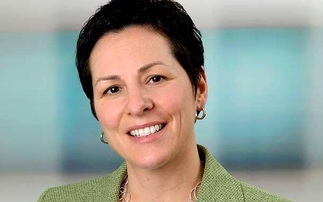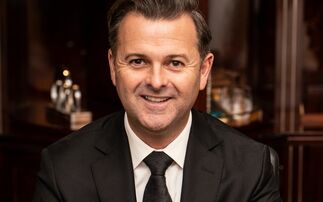Stuart Fenton opens up on strategy, performance, rivals and partners in candid interview
Taking place at London's Old Billingsgate Market today is the annual Insight Tech Show, where the reseller gives delegates from more than 1,500 of its clients the chance to meet with a wide range o...
To continue reading this article...
Join CRN
- Enjoy full access to channelweb.co.uk - the UK’s top news source for the IT channel
- Gain the latest insights through market analysis and interviews with channel leaders
- Stay on top of key trends with the Insider weekly newsletter curated by CRN’s editor
- Be the first to hear about our industry leading events and awards programmes
Already a CRN member?









